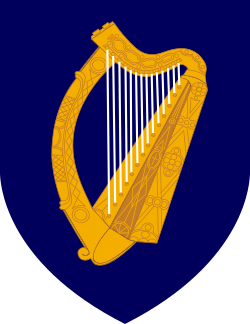| Children First Act 2015 | |
|---|---|
 | |
| Oireachtas | |
| |
| Citation | No. 36 of 2015 |
| Territorial extent | Ireland |
| Passed by | Dáil |
| Passed | 14 July 2015 |
| Passed by | Seanad |
| Passed | 21 October 2015 |
| Signed by | President Michael D. Higgins |
| Signed | 19 November 2015 |
| Commenced | Commenced in part: 11 December 2015 1 May 2016 11 December 2017 |
| Legislative history | |
| First chamber: Dáil | |
| Bill title | Children First Bill 2014 |
| Bill citation | No. 30 of 2014 |
| Introduced by | Minister for Children and Youth Affairs (James Reilly) |
| Introduced | 10 April 2014 |
| Committee responsible | Health |
| First reading | 30 April 2014 |
| Second reading | 7 May 2014 |
| Considered by the Health Committee | 11 November 2014 |
| Report and Final Stage | 14 July 2015 |
| Second chamber: Seanad | |
| Second reading | 21 July 2015 |
| Considered in committee | 23 September 2015 |
| Report and Final Stage | 21 October 2015 |
| Final stages | |
| Seanad amendments considered by the Dáil | 21 October 2015 |
| Finally passed both chambers | 21 October 2015 |
| Status: In force | |
The Children First Act 2015 (Act No. 36 of 2015) is an Act of the Oireachtas.